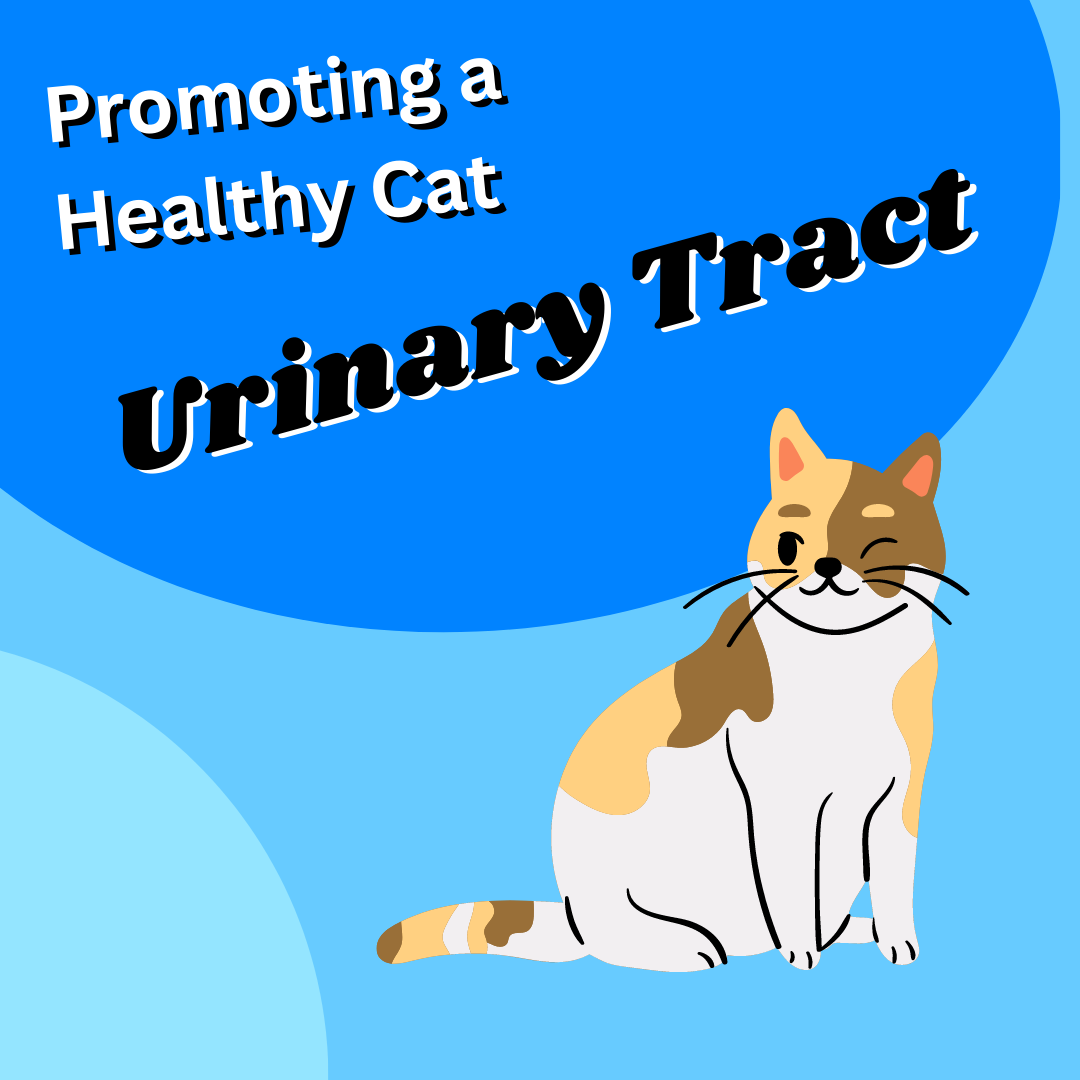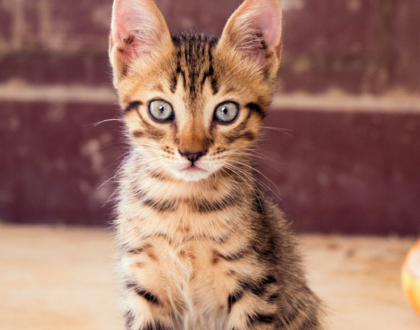Promoting a Healthy Cat Urinary Tract

by Ian Germann
Urinary tract issues are all too common in cats. If you’re noticing changes such as your cat straining to urinate, blood in their urine, frequent urination or urination outside of their litter box, it’s quite likely that they have a urinary tract issue. This can happen to cats regardless of sex or age, and if you suspect something is up, it’s best to take action and contact your veterinarian immediately.
Common urinary tract issues in cats are often diagnosed as FLUTD (Feline Lower Urinary Tract Disease), which is an umbrella term for a variety of different symptoms and conditions.
Urinary tract infections are often treated with antibiotics, and most cats should be back to normal after a week or two. Instead of waiting for problems to come up however, it’s much more proactive to make sure that your cat has a balanced diet to help avoid the development of urinary tract issues in the first place.
Too much magnesium, phosphorus and calcium in a cat’s diet can help contribute to the development of harmful struvite crystals within the urinary tract. Boosting hydration through a wet food diet is a great way to help dilute the concentration of harmful minerals that form struvite crystals and bladder stones in the first place. Wet food can also help balance the pH level in a cat’s urine, as high urine pH levels can also lead to struvite crystals and bladder stones.
Evanger’s EVX Restricted: Controlled Magnesium is a great option for cats prone to urinary tract issues such as UTIs and urinary pH imbalances. With essential vitamins and minerals, the recipe contains simple, recognizable ingredients along with Alltech Acid Balance and NVGEN® that may combat the formation of struvite crystals and bladder stones.
Recommended Posts
EVX Restricted Diets for Feline Gut Health
December 29, 2023

Cat Food Myths: Is Pork Bad For Cats?
August 24, 2023


